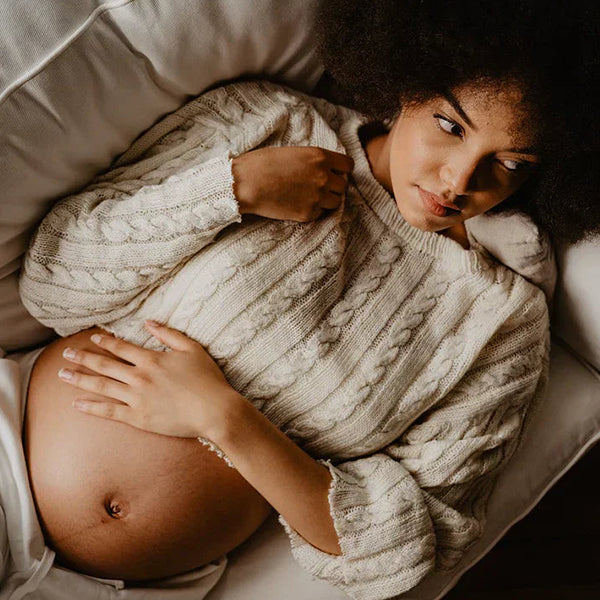Organic, natural, and transparent care
All our products are made in France or Europe with natural ingredients
More than 199,999 families trust us ❤️
Language: US
Products
Content
0 results
Organic, natural, and transparent care
All our products are made in France or Europe with natural ingredients
More than 199,999 families trust us ❤️
Language: US
Products
Content
0 results

Science says so. According to science, a mother-to-be's immunity and weight gain are not the same if you're expecting a boy or a girl. And what makes researchers say this?
According to a highly credible American study published in Plos One, if you're expecting a girl, you may gain less weight than if you're having a baby boy. Out of 68 million births studied in the U.S. between 1990 and 2012, 51% of women who gained less than nine kilos gave birth to a girl.
Scientists suggest that boys require more nutrients during pregnancy to support their growth and development. As a result, expecting mothers eat more and gain more weight because their baby’s needs are greater. However, let’s be clear—eating less won’t suddenly make you have a girl!
When it comes to weight gain, every woman is different. While the general recommendation is to gain between 11 and 15 kilos during pregnancy, some will gain less, and others a bit more, depending on their body type.
Another study, conducted by researchers from Ohio and published in Brain, found that carrying a girl can make mothers more vulnerable. It triggers different immune responses, making it more likely for moms-to-be to feel fatigued and nauseous. The immune system is also more challenged during pregnancy with a girl.
To prove this, researchers analyzed cytokine levels in pregnant women expecting girls. Cytokines indicate how exposed immune cells are to bacteria—and the answer, in this case, is more!